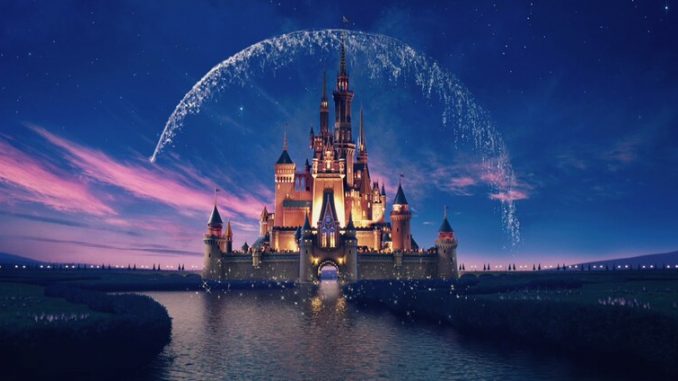
Back in July, there was a post floating around countless social media feeds about “childless millennials” at Walt Disney World. An angry mother posted (in all caps on Facebook, mind you,) that “DW is FOR CHILDREN!!!! People without CHILDREN should be BANNED!!!!” among other countless complaints about her son not getting a pretzel. To be fair, this is the same woman that later in the rant blamed a young lady for eating a Mickey pretzel in front of her son, when she herself told her precious angel “no” because the “line was very long.”
Now, I’ve been contemplating this idea for a while. On one hand, I am a hopeless Disney fan, and while I’m in that weird cusp between millennial and Gen Z, for the purposes of this argument I’m considering myself a millennial. I have been to Disney six times in my young life, and I will gladly wait in a two-hour line for the Seven Dwarfs’ Mine Train.
On the other hand, I do sort-of understand where this woman gets her viewpoint. After all, Disney is marketed towards younger children for the most part, and having a picture with the princesses or other characters as a child is a timeless souvenir for the scrapbooks. The issue I have with this mindset is it is not at all Walt’s vision. And try as they might to stray from that ideal, “it all started with a mouse.”
As a future cast-member for the main mouse himself, I detest the idea that Walt Disney World is only for kids. So, my unpopular opinion is that Walt Disney World and all its entities (let’s be honest, it’s like half the entertainment industry at this point) deserve to be appreciated and loved by everyone and anyone who believes in magic, regardless of their age or their desire to bear children.
Disney is for everyone. It’s for children, sure, but it is also for so-called “childless millennials” and middle-aged parents and retired grandparents. It’s for the doctors and lawyers, but it is also for the actors and writers and farmers who spent their summers working to finally afford a vacation in the “happiest place on Earth.”
I have wrestled with this idea that Disney has self-infantilized for years. My love for the company and all that it entails is certainly tied to a certain sense of nostalgia for the childlike innocence I once had. And when this rant came out and made the rounds on social media, spurring columns and opinion pieces from contributing writers, I would be remiss to say that I didn’t immediately question if my own obsession was stupid and weird.
But it isn’t. Or at least it shouldn’t be. Why do we insist on criticizing other people’s comfort? Maybe this mother was just upset that she had to push a stroller while others could walk freely. Of course she doesn’t want her child to be upset—I get that. I’m no stranger to the fact that people want a Walt Disney World vacation to be absolutely perfect. But it’s unfair to generalize all millennials or those who are childless as ungrateful or undeserving of a fun time in Disney.
Because frankly, being an adult at Disney World is the best. You get to act like a child again, and you also get to enjoy the perks of being independent enough to buy food where you want to and make fastpasses. Disney also has a plethora of adults-only offerings through Disney Springs and “drinking around the world” at EPCOT.
Disney magic is other wordly. It’s ethereal. I’m not saying it’s going to immediately cure someone of depression, because it’s obviously not that kind of place. Sometimes people truly don’t like Disney, for whatever reason, and they are entitled to their (*cough, cough* wrong) opinion. What I will stand by is the idea that Walt Disney World should be enjoyed by everyone, no matter how big or small.
Walter Elias Disney created a refuge from the outside world where little girls become princesses and find their happily ever afters. But so do older women without children. Even struggling, cynical mothers have the ability to fly and reach their dreams. Anything is possible because in Disney’s own words, “laughter is timeless, imagination has no age, and dreams are forever.”
